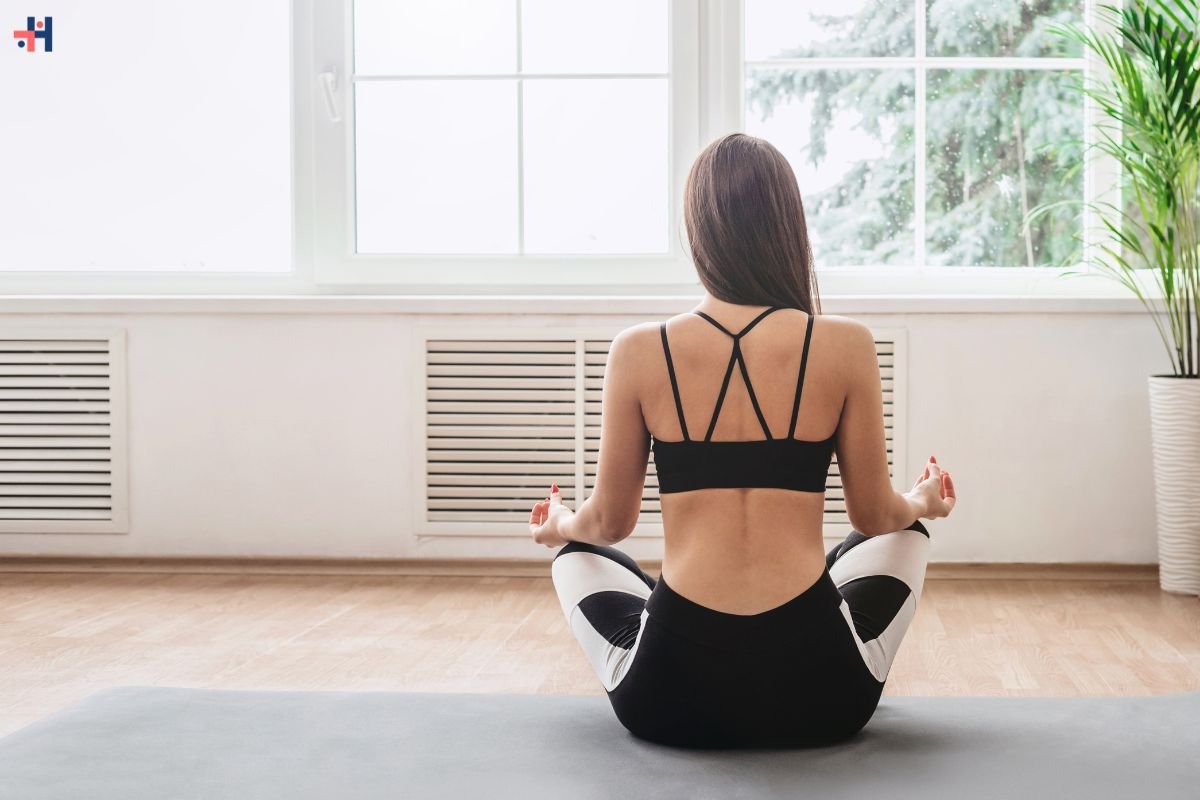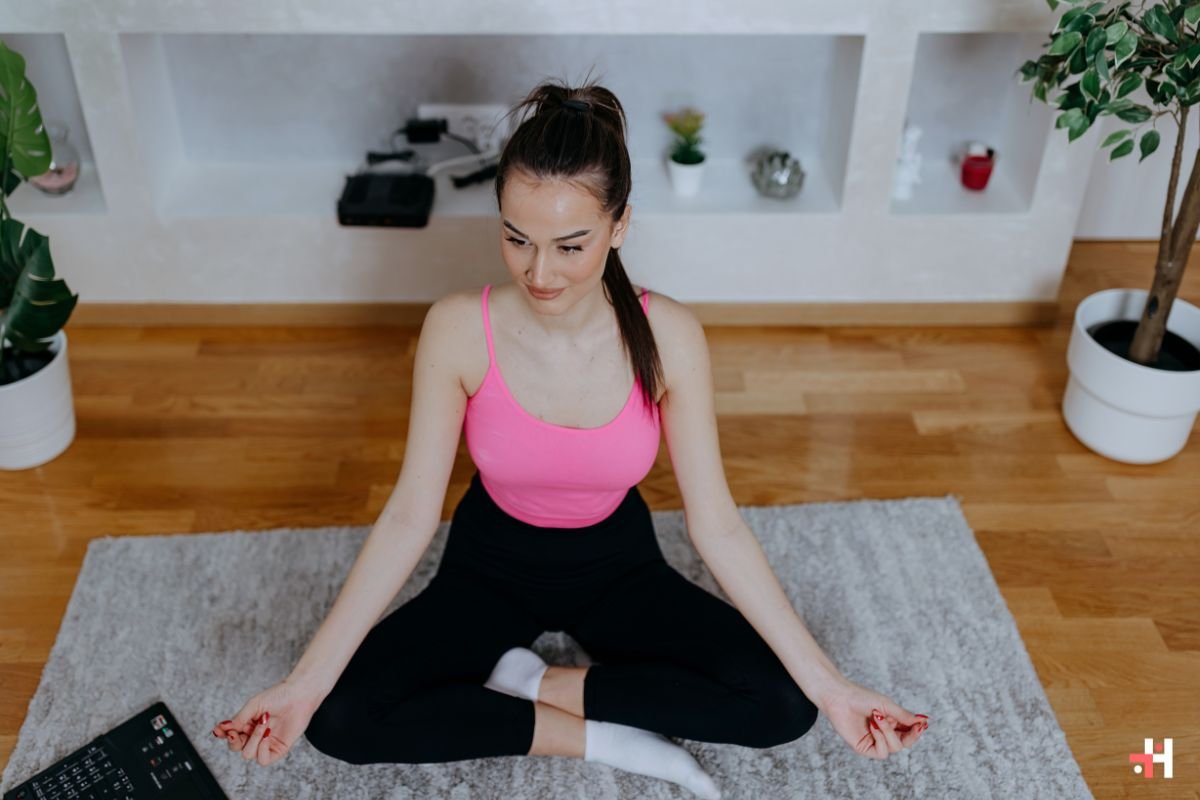In the hustle and bustle of our daily lives, stress has become an unwelcome companion for many. As we navigate through various challenges, the importance of maintaining a harmonious balance between our mental and physical well-being cannot be overstated. This is where mind-body workouts step in, offering not just a physical exercise routine but a holistic approach that nurtures the connection between the mind and body. In this article, we’ll explore the profound stress-relieving benefits of mind-body workouts and understand how incorporating those into your routine can lead to a healthier, more balanced life.
Understanding the Mind and Body Connection
The term “mind-body” signifies the intricate relationship between mental and physical processes. These workouts focus on fostering harmony between these two aspects, acknowledging that the state of one profoundly influences the other. This connection forms the foundation of various holistic practices, such as yoga, tai chi, and Pilates, all designed to promote overall well-being.
Mind and Body Workouts: More Than Just Physical Exercise
Unlike conventional workouts that primarily target physical fitness, mind-body workouts delve deeper into the connection between the mind and body. These exercises involve intentional movements, controlled breathing, and mindfulness techniques, creating a synergistic approach to health. The emphasis is on cultivating awareness, reducing stress, and enhancing both mental and physical resilience.
Stress-Relieving Benefits

1. Mindful Breathing for Stress Reduction
These workouts often incorporate mindful breathing techniques, such as diaphragmatic breathing or pranayama. These practices focus on deep, intentional breaths that activate the body’s relaxation response, reducing stress hormones and promoting a sense of calm. Regular incorporation of mindful breathing into your routine can significantly alleviate daily stressors.
2. Enhanced Mindfulness and Stress Awareness
Mindfulness, a key component of mind-body workouts, involves being fully present in the moment without judgment. By cultivating mindfulness, individuals develop a heightened awareness of their stress triggers. This increased awareness empowers them to respond to stressors in a more composed and effective manner, reducing the overall impact of stress on mental well-being.
3. Release of Tension through Controlled Movements
This exercises often incorporate slow, deliberate movements that aim to release tension stored in the muscles. This controlled release of physical tension has a corresponding impact on mental stress, providing a dual benefit. Practices like tai chi and qigong excel in promoting relaxation through intentional, flowing movements.
4. Improved Sleep Quality
Chronic stress can significantly impact sleep patterns, leading to insomnia or restless nights. Mind-body workouts contribute to better sleep by calming the nervous system and promoting a sense of tranquility. Incorporating these exercises into your routine can lead to improved sleep quality, ensuring you wake up feeling refreshed and ready to face the day.
5. Cognitive Benefits: Sharper Focus and Clarity

The connection is not a one-way street – just as stress can impact cognitive function, targeted exercises can enhance it. These workouts stimulate the mind through a combination of movement and mindfulness, leading to improved focus, mental clarity, and cognitive function. These cognitive benefits extend beyond the workout session, influencing daily tasks and decision-making.
6. Emotional Resilience and Stress Coping Mechanisms
Regular practice of mind-body workouts contributes to the development of emotional resilience. By fostering a strong mind-body connection, individuals become better equipped to handle life’s challenges. They develop effective stress coping mechanisms, reducing the likelihood of succumbing to chronic stress and its associated negative health effects.
Incorporating Mind and Body Workouts into Your Routine
Now that we understand the stress-relieving benefits of mind-body workouts, let’s explore practical ways to incorporate them into your daily routine.
1. Start with Simple Practices
If you’re new to this workouts, begin with simple practices like deep breathing exercises or guided meditation. Gradually introduce more complex routines as you become comfortable with the foundational techniques.
2. Explore Different Modalities
This workout come in various forms, from yoga and tai chi to Pilates and mindfulness-based stress reduction (MBSR) practices. Explore different modalities to find what resonates best with you and fits seamlessly into your lifestyle.
3. Establish a Regular Routine

Consistency is key when reaping the benefits of mind-body workouts. Set aside dedicated time each day for your practice, whether it’s in the morning to start your day with clarity or in the evening to unwind and release accumulated stress.
4. Combine Mind and Body Workouts with Other Activities
Enhance the integration of mind and body practices into your routine by combining them with other activities. For example, practice mindful walking during your daily stroll or incorporate mindful breathing into your existing workout routine.
Conclusion:
In conclusion, mind-body workouts offer a holistic approach to health that goes beyond physical fitness. By nurturing the intricate connection between the mind and body, these exercises become powerful tools in combating stress and promoting overall well-being. The stress-relieving benefits encompass not only the physical release of tension but also cognitive enhancements, emotional resilience, and improved sleep quality. As you embark on your journey to a more balanced life, consider the transformative impact that mind-body workouts can have on your stress levels and overall happiness.
Frequently Asked Questions (FAQs)
1. How often should I practice mind-body workouts to experience stress-relieving benefits?
Aim for at least three to four sessions per week to experience noticeable stress-relieving benefits. Consistency is key to maximizing the impact of these workouts.
2. Can I practice mind and body workouts if I have physical limitations or injuries?
Yes, many mind and body practices can be adapted to accommodate physical limitations. It’s advisable to consult with a healthcare professional or a qualified instructor to tailor the practice to your specific needs.
3. Do I need special equipment for these workouts?
In most cases, mind and body workouts require minimal or no equipment. Practices like yoga and tai chi can be performed with a yoga mat, comfortable clothing, and possibly a block or strap for support.
4. How long does it take to start experiencing the stress-relieving benefits of these workouts?
Some individuals may notice improvements in stress levels after just a few sessions, while others may take a few weeks. Consistent practice and patience are essential for long-term benefits.
5. Can these workouts be combined with other forms of exercise?
Absolutely. These workouts can complement other forms of exercise, providing a holistic approach to physical and mental well-being. Integrating them into your existing routine can enhance overall health benefits.









